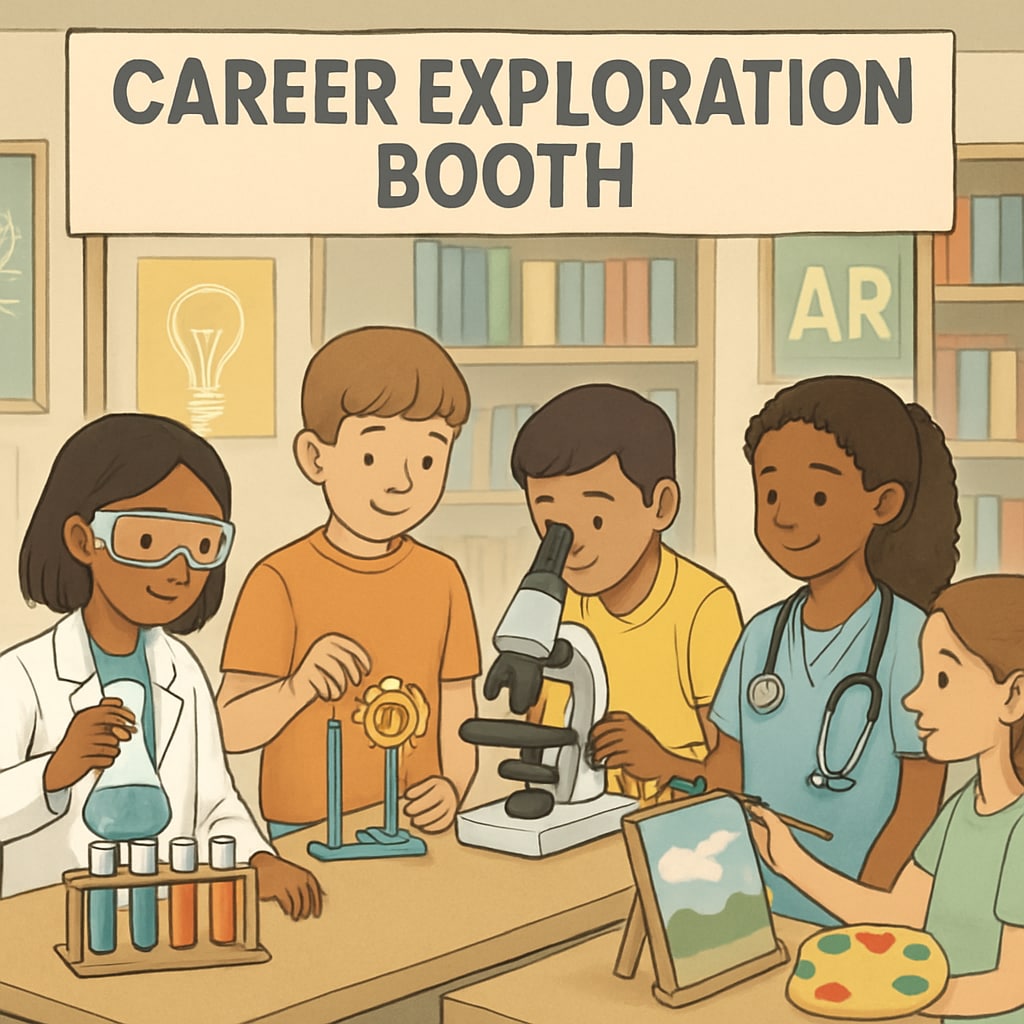The growing crisis of learning motivation, major selection confusion, and academic struggles among college students often originates much earlier than university admission. Research shows that 37% of undergraduates report major regret, while 45% experience significant motivation drops within their first year (National Association of Colleges and Employers). These challenges frequently stem from inadequate career exploration during formative K12 years.
The K12 Connection to College Academic Struggles
Three critical gaps in pre-college education contribute to later academic disengagement:
- Interest awareness deficit: Most schools prioritize test scores over passion discovery
- Skill-blind curriculum: Standardized learning neglects individual strengths
- Future-myopia: Career education often begins too late in high school

Building a Three-Pillar Solution
Effective K12 career education should integrate these components:
- Interest mapping: Regular exposure to diverse fields through project-based learning
- Competency benchmarking: Tools like O*NET skills assessments to identify innate abilities
- Value clarification: Exercises connecting academic subjects to real-world impact
For example, middle school science curricula could include modules demonstrating how chemistry principles apply to environmental careers. Similarly, literature classes might explore writing applications in digital media professions.
Implementation Strategies for Schools
Practical steps educators can take include:
- Establishing career exploration days starting in elementary grades
- Creating digital portfolios tracking skill development over time
- Partnering with local industries for mentorship programs

Transitional approach: Schools should gradually increase career education complexity, matching students’ cognitive development. Simple interest inventories in early grades should evolve into sophisticated internship programs by high school.
By addressing learning motivation, major selection clarity, and academic purpose during K12 years, we can significantly reduce college disengagement. The solution lies not in pushing students toward specific careers, but in equipping them with tools for informed self-discovery.


